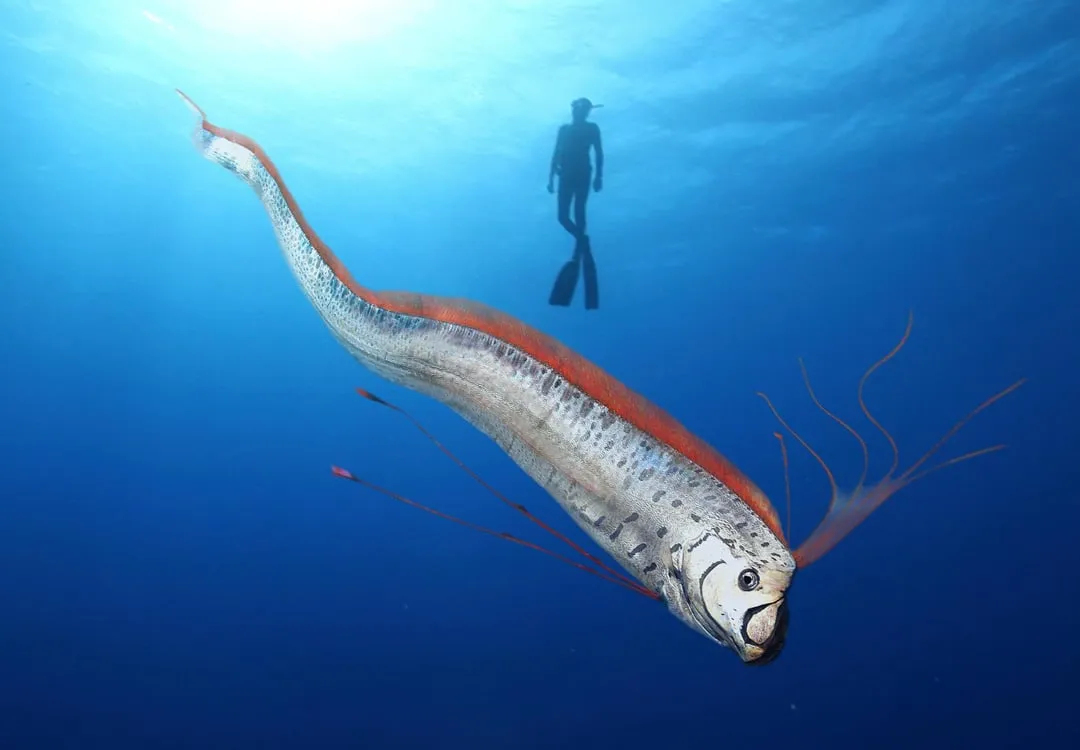Methods and conditions differ, but all animal species rest in one way or another. Standing, sitting, lying, flying, even underwater. Human beings often feel the need for it and generally suffer from the slightest reduction in their sleep quota. Total deprivation can cost him his life. Strangely, some people don’t sleep. How, then, can we explain the existence of these exceptions?
Four months without sleep
The magazine presents the pioneering research of neurobiologist Michel Jouvet (1925-2017). The eminent professor has devoted his life to trying to understand the functions of sleep and dream. In 1974, during an experiment, he observed an amazing patient. At 27 years of age and under permanent supervision, he remains awake for… four months. Insomnia” without any interruption and, above all, without affecting any cognitive function.
Morvan Syndrome
Michel Jouvet discovers that the young man suffers from “Morvan’s syndrome”, an extremely rare condition with only about thirty cases in the world at the time. It is in fact an “agrypnia”, a total and prolonged loss of sleep, aggravated by symptoms of tremors, hallucinations and delirium. This disease disrupts the functioning of synapses, the places where neurons connect (more technical information can be found here), and therefore “paralyses” the sleep process.
Al Herpin, “the man who didn’t sleep”
Other famous examples have caused researchers to lose faith throughout history. Thus the French-born American Albert Herpin (1862 – 1947) cultivated a reputation for never having closed his eyes in his life. According to legend, he only sat in his rocking chair from time to time, as evidenced by an old article in the New York Times. In his house, there was no bed.
Thai Ngoc, the insomniac of the extreme
This Vietnamese man, born in 1942, claims he hasn’t slept since 1973, after recovering from a high fever, 45 years without a nap. The main person concerned nevertheless claims to live “normally”. According to the doctors, he would even enjoy impeccable health. According to some specialists, however, this mystery could be explained by the lack of discernment, in insomniacs, of the passage between the phases of awakening and sleep: a common but extreme phenomenon in Thai Ngoc.
Ensure, to prolong life
These examples revive the hope of the scientific world that one day the mechanism of sleep will be neutralized in order to “prolong” the life of those who wish to do so. A life without sleep would indeed double its duration, which would allow you to take advantage of an unexpected time saving.
But about that, what would you do with it?
Translated with www.DeepL.com/Translator




Comments are closed.